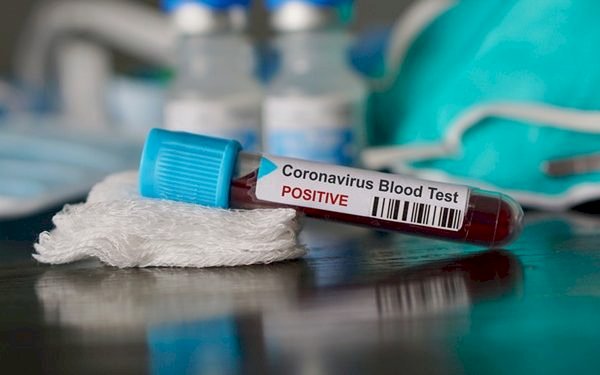COVID-19: Noguchi Calls For Immediate Lockdown and Mass Testing in Ghana
The institute urged the government to take proactive measures to prevent "community spread" of the virus in the country

The Noguchi Memorial Institute for Medical Research (NMIMR) has recommended that mass testing of people for the coronavirus disease (COVID-19) is the surest way to detect cases early.
The institute, which is at the forefront of testing for COVID-19 cases, called for a lockdown on human movement as another proactive solution to the escalation of the community spread of the COVID-19 in Ghana.
Noguchi also called for the total shutdown of the commonest transit system in the country- “Trotro”, as the system was a major conduit for accelerating community spread due to non-adherence to social distancing rules.
In an interview with the Daily Graphic, the Director of the NMIMR, Professor Abraham Annan, said such measures were necessary to avoid contact between those who had been exposed and those who were naive to the virus, so that they could be separated through mass testing to achieve the appropriate outcomes.
When asked if Ghana had reached the stage for a human lockdown to stop a community spread, he said: “In a way, if we are very proactive, then it is yes. But we seem to be a bit more careful and watchful, other than that it is the way to go now.”
READ ALSO:
COVID-19: MOI to update Ghanaians on COVID-19 at 10am
“When it comes to the unfolding situations, we may have to increase testing, so that we can understand the situation among the public to inform national decisions on who to quarantine and so forth,” Prof. Annan noted.
He added that sometimes there could even be some sections of the population that had not been exposed to the virus which could be locked down to protect them, saying sections which were dangerously exposed, with high level of infections, could also be locked down to protect those not exposed.
“And, then, in such a situation, one can use testing to pick positives as early as possible, so that they are quarantined. It is important that we do that,” he said.
Prof. Annan said the country could also expand its capacity to meet the demands of mass testing, taking into consideration the type of testing methods adopted.
He said the two leading institutions with the capacity to test for the COVID-19, the NMIMR and the Kumasi Centre for Collaborative Research into Tropical Medicine (KCCR), were using top-level testing, which was actually confirmatory tests, without screening.
He said since confirmatory testing cost about $10 dollars or more per test, it would be advisable to adopt the rapid testing kit system, which would cost up to $6.
“So what we need to do is very cleverly and strategically adopt some of the rapid testing for mass screening,” he said.





































